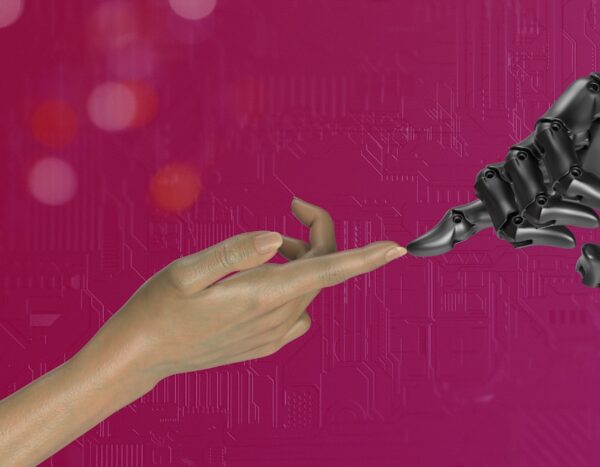Artificial Intelligence (AI) is quickly increasing its energy consumption. By 2030, it is estimated that AI could be using twice as much energy as the entire country of France.
Artificial intelligence has a significant impact on the environment and poses challenges in the battle against climate change. The increased need for electricity due to AI makes transitioning to electric transportation more challenging. This raises the question: how can we effectively utilize AI to tackle these pressing issues?
In just 18 months since its release, ChatGPT has amassed a user base of 180 million people. This AI chatbot is versatile, assisting users in tasks like crafting travel plans, writing documents, or simply engaging in lighthearted conversations.

On the downside, ChatGPT uses a significant amount of energy, about 25 times more than a Google search. The servers running the software also require a lot of water for cooling. In fact, during a single chat session of 20 to 50 queries, approximately half a liter of water is evaporated – equivalent to a small bottle.
Explore the wonders of the moon and beyond.
One of the major energy drains isn’t the ‘conversations,’ but rather the extensive energy required to train the language model GPT, the software powering the chatbot. This training process involves using ultra-fast supercomputers that analyze vast amounts of text from the internet.
Stanford University found that refining GPT3’s earlier version consumed a whopping 1,287 MWh of electricity.
Moreover, AI technology such as GPT consumes increasing amounts of energy as it advances. According to Gartner, by 2030, AI could make up to 3.5% of the world’s electricity usage. This is equivalent to the combined energy consumption of agriculture and forestry, or double the energy consumption of France.
The impact on climate is significant as energy consumption from servers used for AI leads to greenhouse gas emissions. In the United States, where many of these servers are located, 16% of electricity is still generated from coal, the dirtiest source of energy. Training GPT3 alone has caused 502 tonnes of CO2 emissions, equivalent to the emissions generated by driving 50 Belgians or a car to the moon and back.
Exciting news in Belgium: A new complaint has been filed against ChatGPTAI, raising concerns over error correction. The impact of AI on millions of jobs in Belgium is being discussed, yet experts believe that unemployment is not necessarily on the horizon. Plus, Apple has issued an apology following a controversy surrounding an ad for the iPad Pro.
According to the consulting firm Gartner, it is crucial to address the harmful effects of AI. Business leaders in Belgium and beyond must recognize and tackle the increasing environmental consequences of AI technology.
One logical initial move is to ensure your electricity is sourced from wind, solar, or nuclear power. Google, for instance, has been powered solely by green electricity since 2015.

